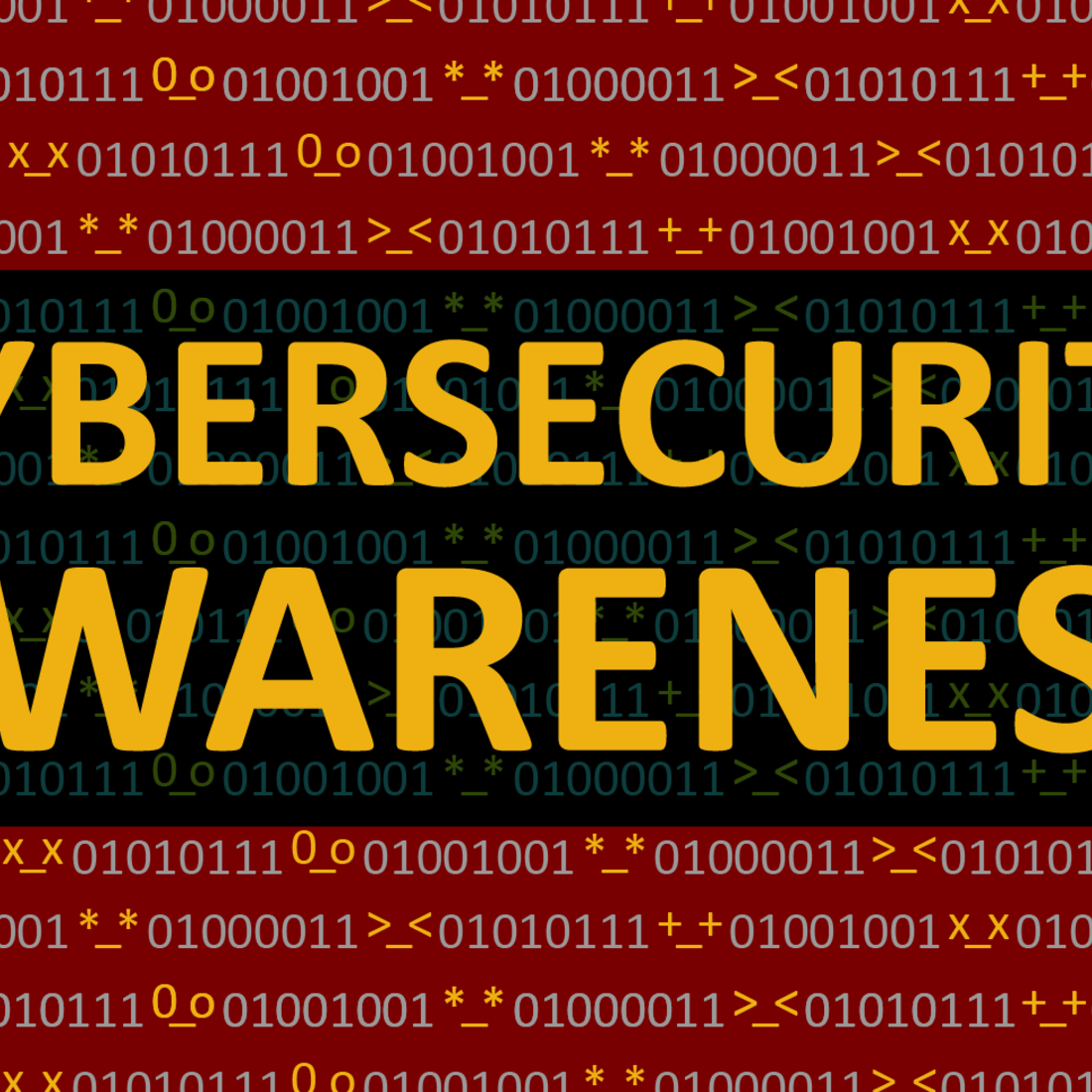Opening malicious attachments can infect your computer with ransomware and other forms of malware. Beware of attachments in emails you were not expecting, always keep anti-virus software updated regularly, and use caution when opening attachments contained in emails with attention-grabbing subject lines such as:
- Urgent document needs your attention
- Delivery Details
- Payment Notification
- Invoice
- Resume / CV
Cybercriminals often disguise malicious files in many types of file extensions such as: .zip, .rar and .7z. Look out for macros within office files like Word documents, Excel files, and PowerPoints presentations. Cybercriminals will attempt to get you to turn on macros by showing fake warnings when the malicious document is opened. Malicious files can also be hidden by multiple file extensions with such as this executable file example: file.gif.exe.
Contact Mike Wilson at mikewilson1@cwi.edu or 208.562.3193 with questions or for more information, and stay tuned for more tips and information on cybersecurity awareness in future issues of Bert’s Alerts.
